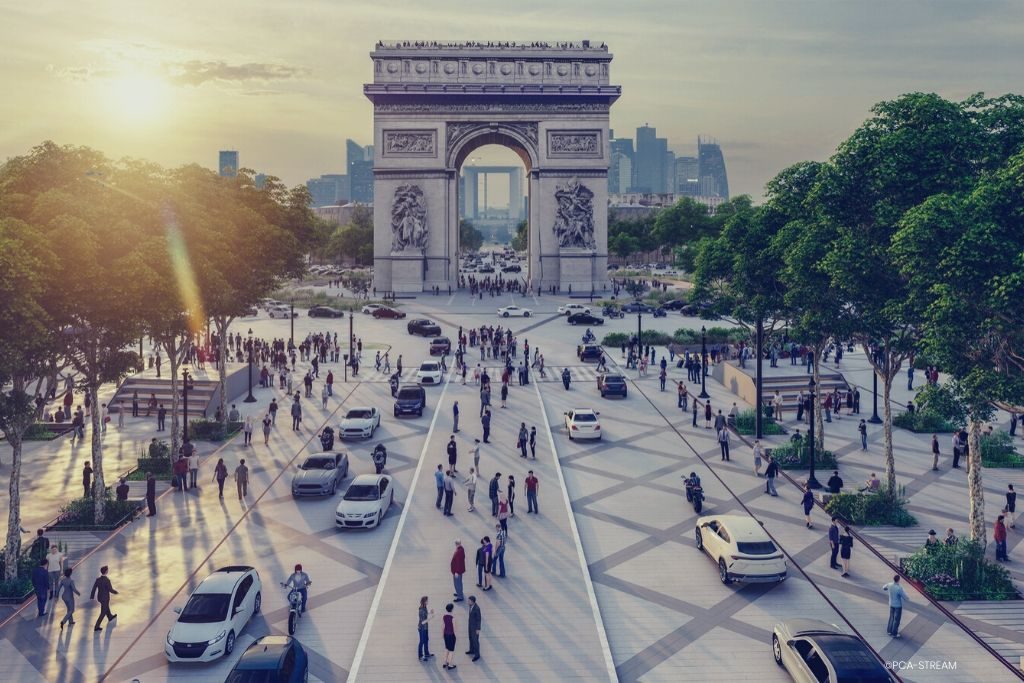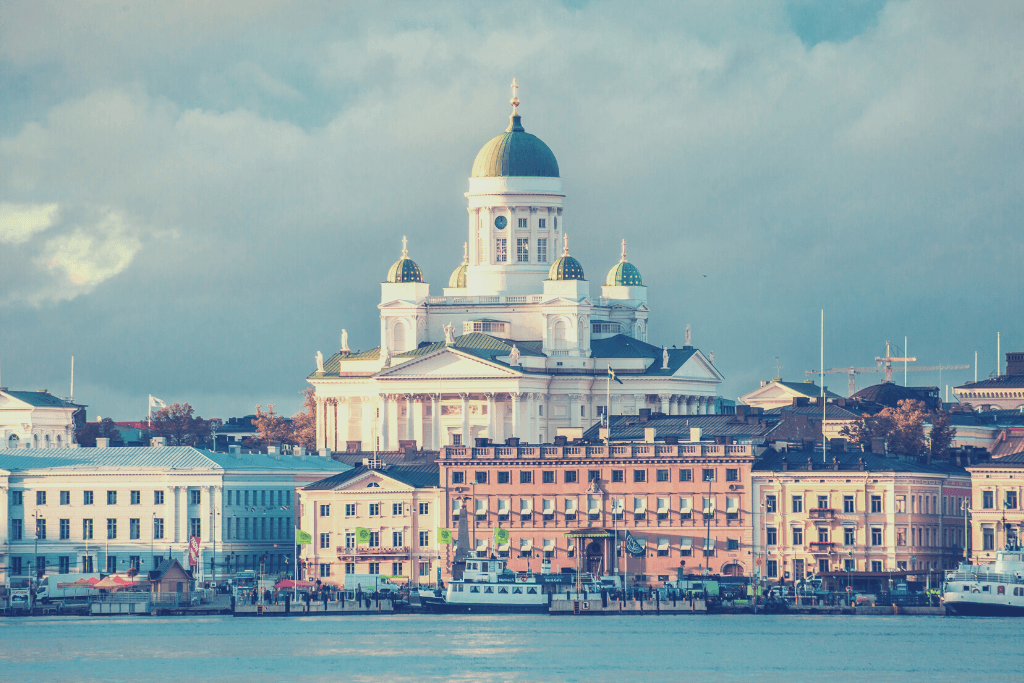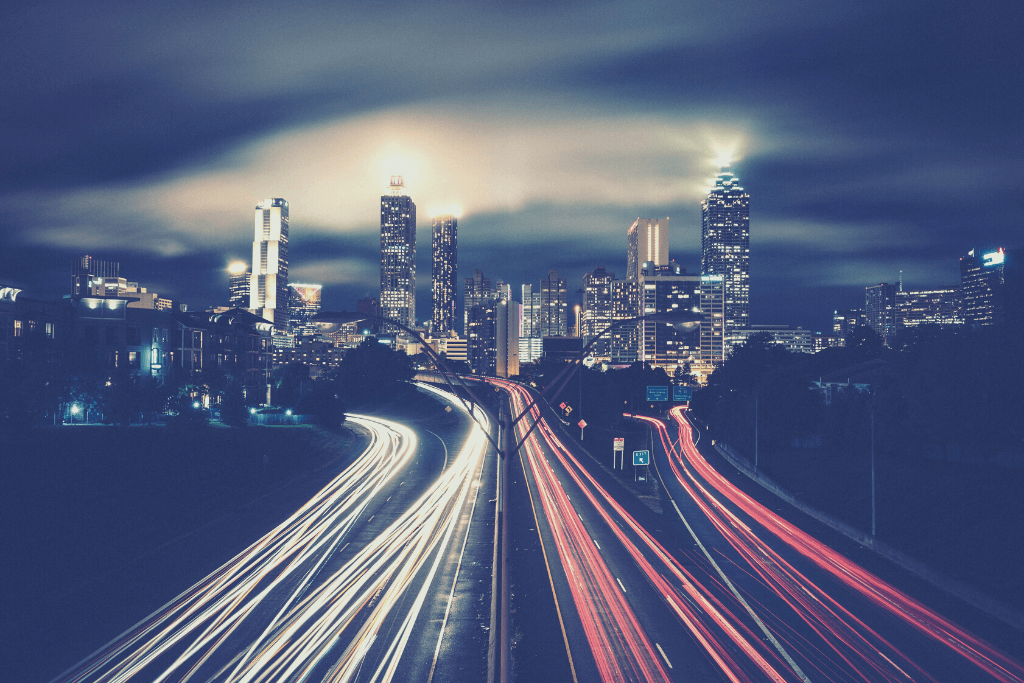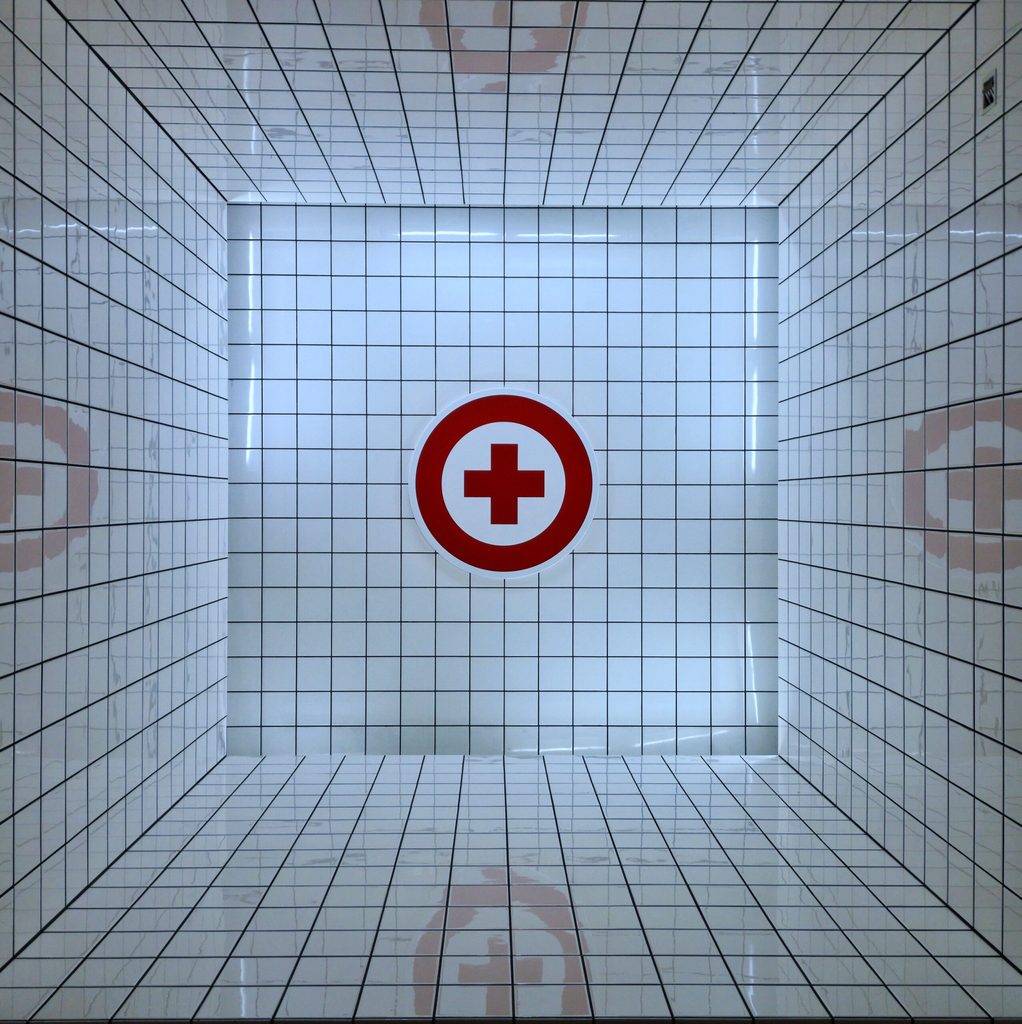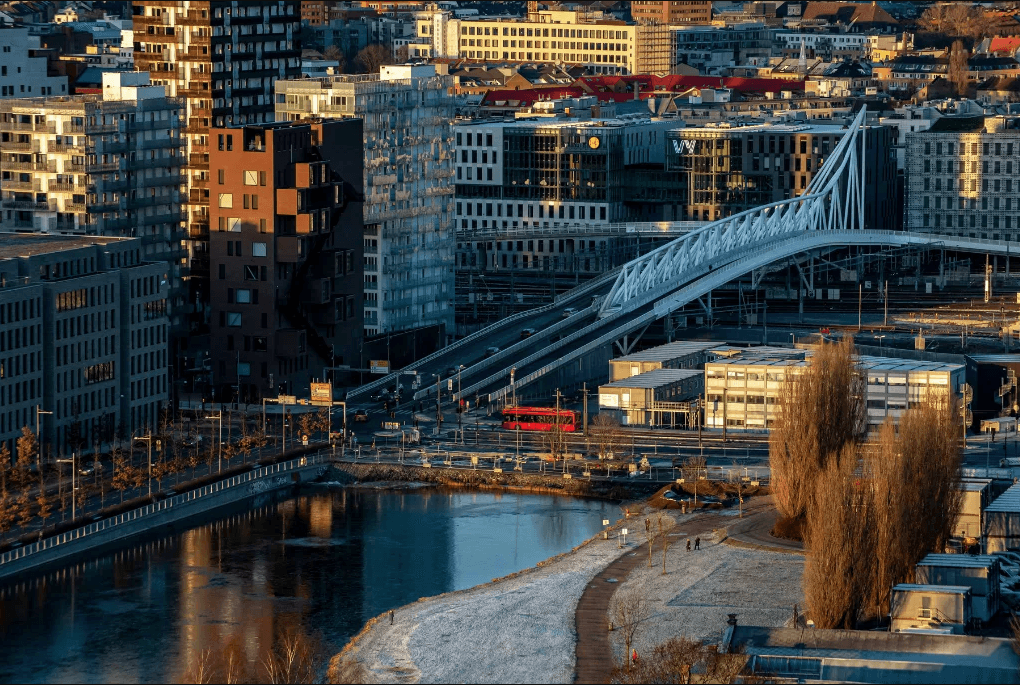The Champs-Élysées, the iconic avenue stretching for about two kilometers in the heart of Paris, is often said to be the world’s most beautiful. Since its completion in the 17th century, the elegant avenue lured shoppers and visitors for centuries, attracting as many as 300,000 visitors a day.
On the other hand, the success of Champs-Élysées as an icon also brought its woes. Millions of visitors every month and high traffic on the avenue itself slowly started to scratch the surface of the avenue’s timeless glamor. Fast forward to today, many Parisians admit they don’t visit the Champs-Élysées due to pollution, and traffic-clogged roads choke its original charm and beauty.
From the most beloved impressionist paintings to century-defining works of literature like the novels of Marcel Proust, Champs-Élysées inspired art, books, and social movements. However, with its ongoing strains and problems, can Champs-Élysées still inspire the next generation?
An ambitious plan to give a complete makeover to the world-famous avenue aims to achieve exactly that.
Bringing the Former Glory of Champs-Élysées
Parisian community leaders recently unveiled a EUR 250m plan to perform a series of renovations, to make the avenue “ecological, desirable and inclusive“, as described by the Architect Philippe Chiambaretta, whose firm PCA-Stream drafted the plans.
Mr. Chiambaretta believes the avenue has long been plagued by “pollution, the place of the car, tourism, and consumerism”.
It was always designed for the people and shouldn’t just be a luxury avenue.
Philippe Chiambaretta, architect and founder of PCA-Stream
Indeed, many locals consider the Champs-Élysées as an upmarket retail high street, despite the avenue’s focal position in French identity and culture.The Champs-Élysées makeover plans include cutting the vehicles by half and empowering more pedestrians through specially designed tunnels of trees. It’ll also encourage the more aesthetically pleasing use of the avenue’s hundreds of commercial spaces such as terraces.
PCA-Stream’s strategy to uplift the Champs-Élysées from a retail chain paradise to a glorious urban haven is to marry the modern architectural technologies with Art Deco details, such as the usage of lozenge motifs or high glass roofs with geometric patterns. There’ll also be hanging gardens, with rustic touches like flowery meadows, beds of Mediterranean aromatic plants, and tall shrubs.
Public and Private Collaboration for a Pedestrian Paradise
Even though the proposals from private companies to collaborate with the Municipality of Paris are at an early stage, Jean-Noël Reinhardt, president of the Champs-Élysées committee, believes that private companies will complement the public efforts, and also benefit from it in return.
We work here every day so we know we have to profoundly change things. We can’t just say it’s the responsibility of the public authorities.
Jean-Noël Reinhardt, president of the Champs-Élysées committee
In French, Champs-Élysées means Elysian Fields, a reference to paradise in Ancient Greek. In a bid to make the French capital a sustainable city to set an example to the world by the Paris 2024 Olympics, the authorities are set to restore the avenue’s spirit.
Currently, about 5 percent of the visitors of the Champs-Élysées are Parisians. But with the drastic changes, the picture might change. Added Mr. Reinhardt, “We want the Champs-Élysées to remain a center of attraction in the world, we want tourists to keep coming but we want the Parisians who used to come here 100 years ago to come back.”
